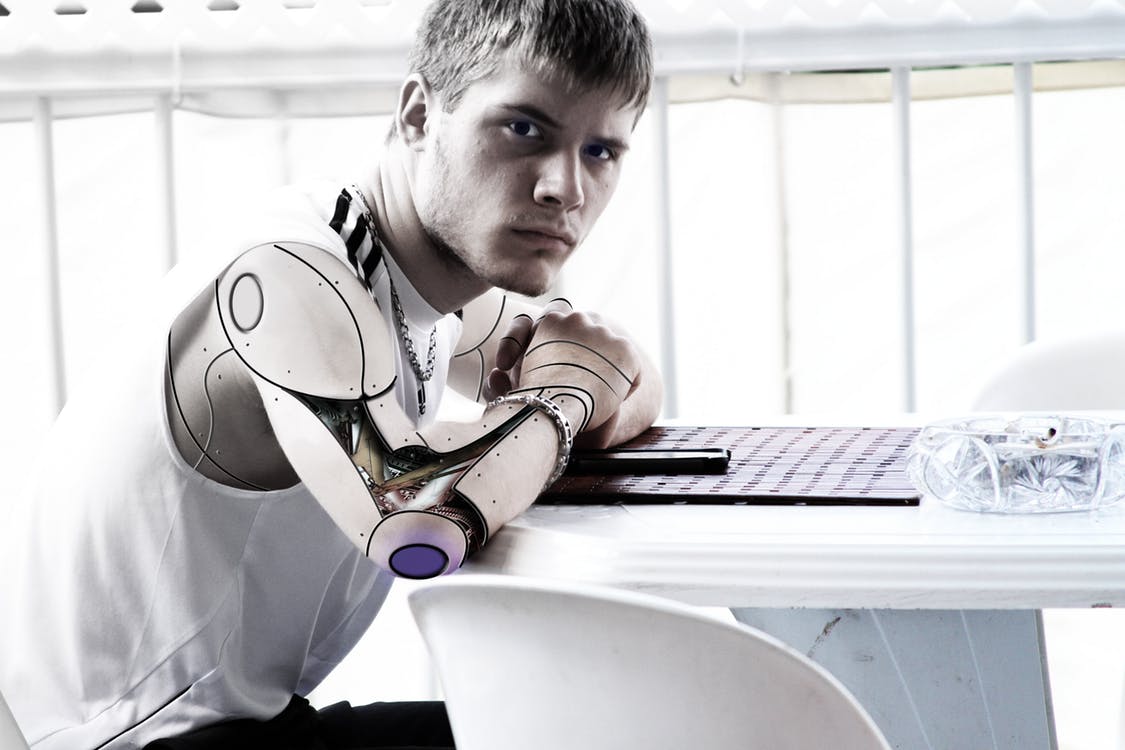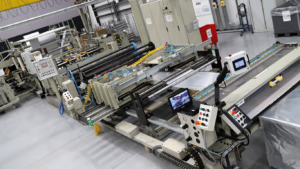Since the birth of technology, we have seen it grow continuously until today. Indeed, we cannot deny that it is a fully-grown entity, which could not have been anticipated before time. Here when we talk about artificial intelligence, it is an ability to design machines that are smart enough to perform various functions that could replace humans. Artificial intelligence refers to technology that is used to perform a task that requires a specific level of Intelligence to accomplish. Simply it is a software or a tool to perform what humans can do. It is not some ordinary software, but has the intelligence to think, analyse, substitute and execute various tasks.
AI had to go through three main breakthroughs:
1. Access to cheaper and better graphics processing units or GPUs. This resulted in building many AI software.
2. Big data also played a major role in making AI a reality. AI in order to live, it needs education. Big data is like the university where AI flourish and acquire knowledge in order to survive.
3. Better algorithms – In order to learn and react more quickly for AI you need better algorithms. The data is compiled in such a way that the software is able to perform at an optimal level and provide better results.
AI and organizations
It is an area of computer science that works on creating smart machines that operates like humans. This is also being adopted in many organisations to cater the human resource procedures and other administrative processes. Artificial intelligence is totally different from other ordinary software’s. It’s three components: high speed computing, large quality data and the advanced algorithms (as discussed above) separates AI from ordinary software.
In any corporate or industrial organisations AI technologies provide better accuracy and quick stable everyday processing using an algorithm that connects quality large data with high speed computing. AI technology provides many significant features in order to improve HR functions. For example, self-service transactions, payroll, recruiting and talent recognition, instant reporting and auto mated assessments. We are living in an era where AI technology has reached great heights, which can impact our businesses easily. Merging HR with AI can improve the overall employee experience by far.
AI and HRM
Every once in a while, major organizations go on a hiring spree. Such drives invite thousands of resumes, of which only 10 percent are relevant whereas most of them are irrelevant. Such scenarios result in major challenges for the Human Resources departments of these organizations, because it takes them weeks to identify the relevant resumes, if done manually. However, the rise of artificial intelligence has very much solved the problem for the HR professionals. Now they have access to different software and algorithms that allows them to curate the right resumes in a matter of a few days, sometimes a few hours. This is how the artificial intelligence is making its presence felt in the professional world. It has literally revolutionized and reshaped the way human resource management carries out the daily tasks. Let’s take a look at some of the major breakthroughs that are a result of the rise of artificial intelligence when it comes to human resource management.
Recruitment and Onboarding
The HR department’s work starts with shortlisting the right candidates for the job. The tasks revolve around scrutinizing the incoming CVs, to scheduling interviews of the selected candidates, sending reminders for reporting to finalizing the onboarding process. The whole plethora of responsibilities demands time but HR professionals can save their time and energy by automating the whole hiring process. Another very important and significant advantage, is eliminating the bias factor that lies unintentionally in humans while shortlisting the candidates.
Security All The Way
When we talk about artificial intelligence the much-needed security issues need to be dealt with. Artificial intelligence evolution has also brought easy security systems within the company premises. Virtual security or the surveillance cameras installed have become the integral part for any organisations these days. There are many security service installation providers in the market. It’s always better to select from the reviews given by various people. If you are wondering about the pros and cons of a security system, it is a safe bet to go through a SimpliSafe review.
Mechanizing Repetitive Tasks
With the increase in the use of artificial intelligence backed tools is playing a greater role in performing the routine administrative task. This actually set free the HR persons from the burden of routine task, involving repetitive low value task and in return saving the time to focus more on some valuable and strategic work that may require intense inter personal approach.
Repetitive questions like policy matters, do’s and don’ts and standard questions relating to the appraisals and leaves can easily be answered through artificial intelligence tools to create electronic employees’ feedback in the form of automatic responses.
Automate the Business Processes
Time and physical presence are the biggest challenges that the HR people could face in their setting. Artificial intelligence is the main force that helps in automating the overall business processes in the easiest and convenient way that also provides in-depth insights into the businesses. This way the head of the departments, would be able to spend their valuable time with their business partners and other employees.
Easy Talent Acquisition
The sudden boom of technology should not scare the Human Resources staff and management. Artificial intelligence is the most useful when we are sourcing candidates. This does not mean that it will not remain people driven. There are several great softwares out there, to evaluate your current workforce and facilitate you in making a smarter decision on who is the right candidate for you to bring in. These softwares might be expensive but the convenience and time saving benefits out way its cost.
Employee Retention
By the virtue of artificial intelligence, we gain the power to attain quality data, which make it possible to track employee’s performance on one hand but also keep an eye on their presence in the premises. This data also helps the HR professionals to identify the workers who are planning to switch job. The automated software keep track of employees’ emails interactions and browsing data to identify their intentions. This way, HR people can keep an eye on such individuals and arrange for their possible replacements. They can also interact with such workers and talk about the issues they face at the job. This helps them to change their mind with regards to looking for the other options. This is why, it is right to say that the automated software systems help companies to retain their employees and boost production.
Learning & Development
The most skilful and training programs are usually led by the top managers under the supervision of the HR department. There are various artificial intelligence programs that can be used to train and improve the skills of employees. A lot of development has taken over today in the line of learning and development towards the self-service domain. Many short duration digital courses have made learning easier and easily accessed for individuals to seek online learning modules in order to have greater development opportunities.
Conclusion
While artificial intelligence has been emerging for the past ten years in our lives, it is traced back in HR to just few years. For the past few years a significant amount of money has been invested in developing some revolutionary products. With people becoming more tech savvy, we have observed implementing several tools and systems that has improvised the HR work. Automating repetitive task has definitely combat with the short deadlines, self-service kiosks for employees has made the administrative works easier. We are clearly heading into the direction where artificial intelligence is set to become a redefining entity in HR.




